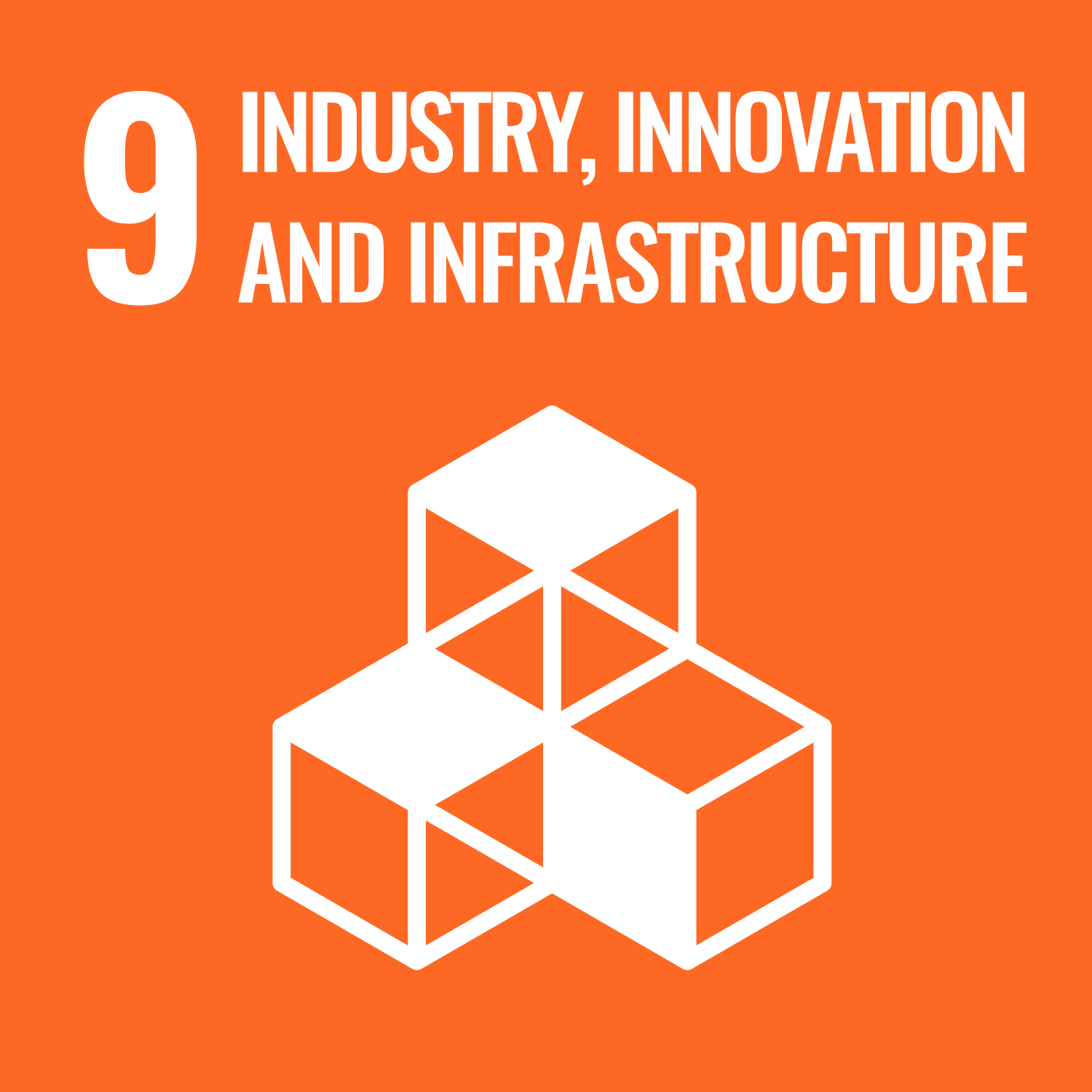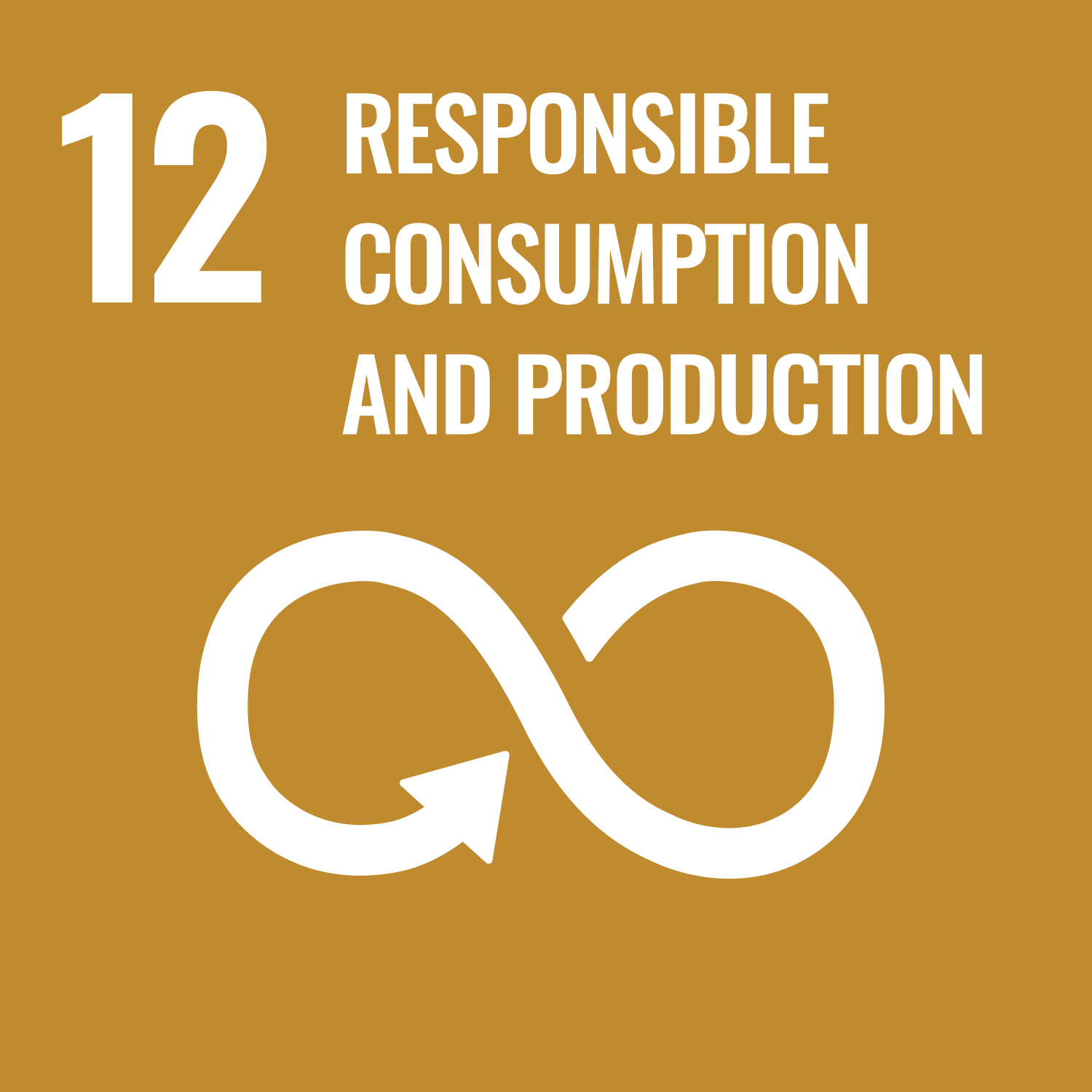ORCID
- Shaofeng Liu: 0000-0002-8330-3335
Abstract
Agri-food supply chains (AFSCs) need to become more sustainable, and Industry 4.0 (I4.0) is a crucial enabler. However, various barriers make adopting I4.0 technologies to achieve AFSC sustainability challenging. Few previous studies have examined China's agri-food industry. Through a literature review and consultation of Chinese experts, we identify 27 barriers in six categories and prioritize these using a group-based fuzzy analytic hierarchy process to produce novel results. First, we identify six new I4.0 adoption barriers closely linked with China's economic, social and cultural environments, including acquisition of intelligent agricultural equipment subsidies based on guanxi. Second, our prioritization of barriers reveals that the key challenges to applying I4.0 are the increased cost of terminal logistics, acquisition of intelligent agricultural equipment subsidies based on guanxi, low compatibility of I4.0 technologies with existing agricultural equipment, and problems with the government subsidy model. These results have managerial implications for governments and knowledge dissemination organizations.
DOI Link
Publication Date
2024-08-25
Publication Title
Business Strategy and the Environment
Volume
33
Issue
8
ISSN
0964-4733
Acceptance Date
2024-08-01
Deposit Date
2024-10-18
Additional Links
Keywords
agri-food supply chain sustainability, barriers to identification and prioritization, China's economic, grand theory, group-based fuzzy analytic hierarchy process, Industry 4.0 adoption, social and cultural environments
First Page
8559
Last Page
8586
Recommended Citation
Zhao, G., Ye, C., Dennehy, D., Liu, S., Harfouche, A., & Olan, F. (2024) 'Analysis of barriers to adopting Industry 4.0 to achieve agri-food supply chain sustainability: A group-based fuzzy analytic hierarchy process', Business Strategy and the Environment, 33(8), pp. 8559-8586. Available at: 10.1002/bse.3928




